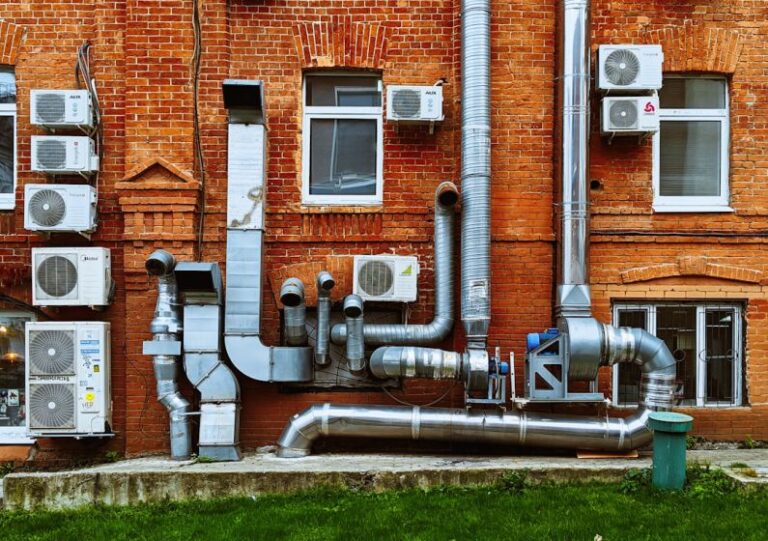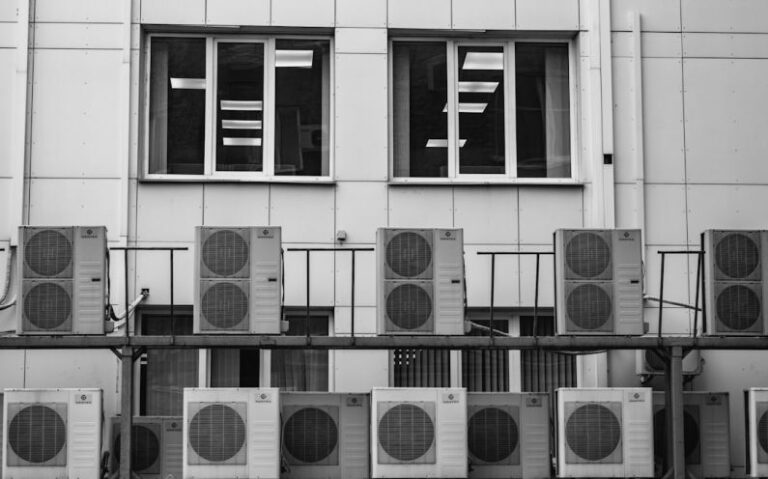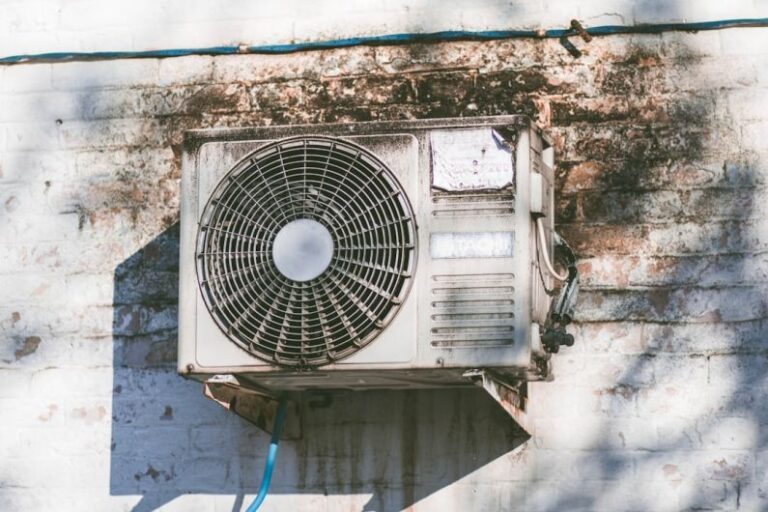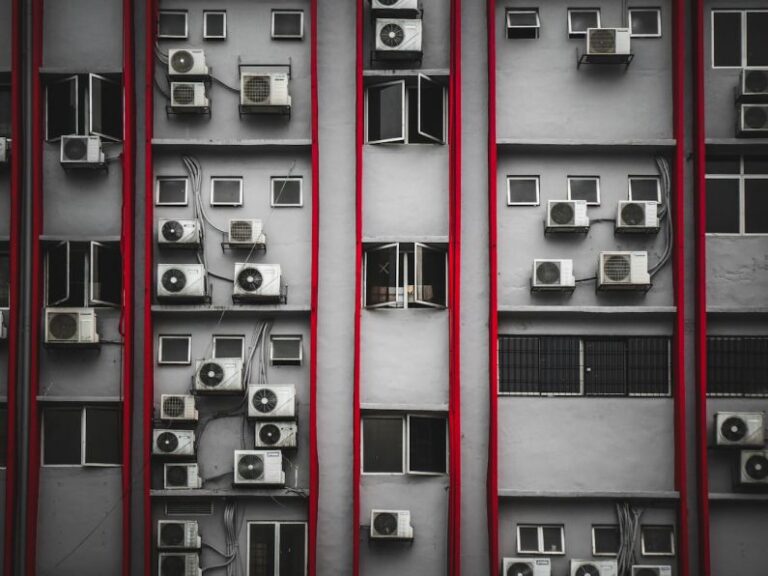
In recent years, smart technology has revolutionized the way we interact with our home appliances. One such innovation that has gained popularity is the smart air conditioner. These intelligent devices not only provide convenience and energy efficiency but also have a significant impact on indoor air quality. Let’s delve into how smart air conditioners influence the air we breathe in our homes.
**Enhanced Air Filtration**
Traditional air conditioners are equipped with filters that capture dust, pollen, and other particles in the air. Smart air conditioners take this a step further by incorporating advanced filtration systems. Some models come with HEPA filters, which are capable of trapping even smaller particles like allergens, bacteria, and viruses. This enhanced filtration helps to improve indoor air quality by reducing the presence of harmful contaminants.
**Monitoring and Control**
One of the key features of smart air conditioners is their ability to monitor indoor air quality in real-time. These devices are equipped with sensors that detect pollutants such as volatile organic compounds (VOCs), carbon monoxide, and particulate matter. By continuously monitoring air quality, smart air conditioners can adjust their settings to maintain optimal indoor conditions. Users can also track air quality data through accompanying mobile apps, giving them greater control over their indoor environment.
**Humidity Regulation**
Proper humidity levels are crucial for maintaining good indoor air quality. High humidity can lead to mold growth and increased allergens, while low humidity can cause dry skin and respiratory issues. Smart air conditioners come with built-in humidifiers and dehumidifiers that help regulate humidity levels in the home. By keeping humidity within the ideal range, these devices contribute to a healthier indoor environment.
**Energy Efficiency**
Smart air conditioners are designed to be more energy-efficient than traditional models, which not only saves on electricity costs but also benefits indoor air quality. By consuming less energy, smart air conditioners produce fewer greenhouse gas emissions, contributing to a cleaner environment overall. Additionally, the energy savings from these devices can be redirected to invest in other eco-friendly home upgrades that further improve indoor air quality.
**Air Purification**
Some smart air conditioners are equipped with additional air purification technologies, such as UV-C light or ionizers. These features help to eliminate airborne pathogens and neutralize odors, creating a fresher and healthier indoor environment. By combining air purification with cooling and heating functions, smart air conditioners provide comprehensive air quality management solutions for homes.
**Remote Monitoring and Control**
One of the most convenient aspects of smart air conditioners is the ability to control them remotely. Whether you’re at work, on vacation, or simply lounging in another room, you can adjust the temperature and air quality settings of your smart air conditioner using a smartphone or tablet. This remote monitoring and control feature not only enhances convenience but also allows for immediate adjustments to indoor air quality based on real-time data.
**Conclusion: The Future of Indoor Air Quality**
As smart technology continues to advance, the impact of smart air conditioners on indoor air quality will only grow. These intelligent devices offer a range of features that go beyond simple temperature control, providing comprehensive solutions for maintaining a healthy indoor environment. From enhanced filtration to real-time monitoring and control, smart air conditioners are shaping the future of indoor air quality management. By investing in these innovative devices, homeowners can enjoy cleaner, fresher air and a more comfortable living space.





